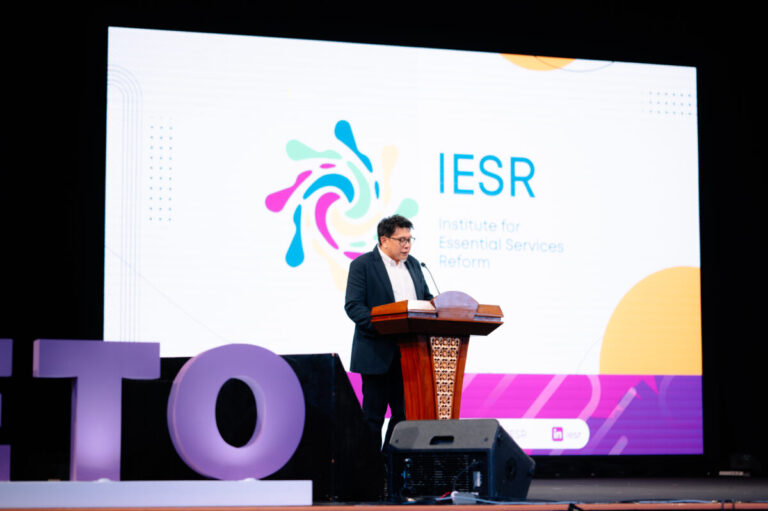Indonesia’s new renewable energy bill includes legislation allowing for power wheeling, allowing private companies to sell electricity directly to end consumers through a network owned by the state-run electricity company.
From pv magazine Global
The Indonesian government has announced that it will introduce legislation to allow for the wheeling of electricity into the New and Renewable Energy Bill.
The power exchange will allow private companies to use the transmission and distribution network owned by Indonesia’s state-owned electricity company, PLN, to sell electricity directly to end consumers.
The Jakarta-based Institute for Essential Services Reform (IESR), which has been calling for the inclusion of electricity wheeling in the bill, said the move would accelerate the development and deployment of renewable energy in Indonesia.
The institute noted other benefits including improved reliability of power supply and efficiency of operational costs, expanding the power grid and encouraging collaboration between business sectors. Additionally, it will enable wider adoption of renewable energy technologies, supporting Indonesia’s decarbonization efforts in the industrial and transport sectors while easing the burden on PLN by reducing its need to purchase power from developers.
IESR Secretary General Faby Tumiwa said wheeling was previously regulated by the Electricity Law but was not implemented. He said wheeling is essential given Indonesia’s current electricity market structure.
“In this case, PLN, as the owner of the integrated business area, has the right to build and operate the transmission system, while other business entities do not,” Tumiwa said. “The power grid must therefore be accessible to other parties to distribute electricity from generators to users and generate revenue for PLN through network rental fees.”
Tumiwa said regulations on electricity wheeling also needed to be strictly implemented to maintain reliability and security of supply to consumers.
“Hence, the government needs to come up with clear guidelines on the calculation of wheeling tariffs so as not to cause harm to network owners and system operators,” he said.
IESR said it hopes the measure will help Indonesia reach its renewable energy mix target and become carbon neutral by 2060 or even earlier.
This content is copyrighted and cannot be reused. If you would like to collaborate with us and reuse any part of our content, please contact us at editors@pv-magazine.com.


